JUSTICE SYSTEM REFORM
Advocating for Young People
SCSJ supports communities of color and grassroots organizations working to end the over-criminalization of youth. We represent young people and their families who seek justice and accountability from schools and legal systems that too often disregard and punish youth rather than provide services and support.
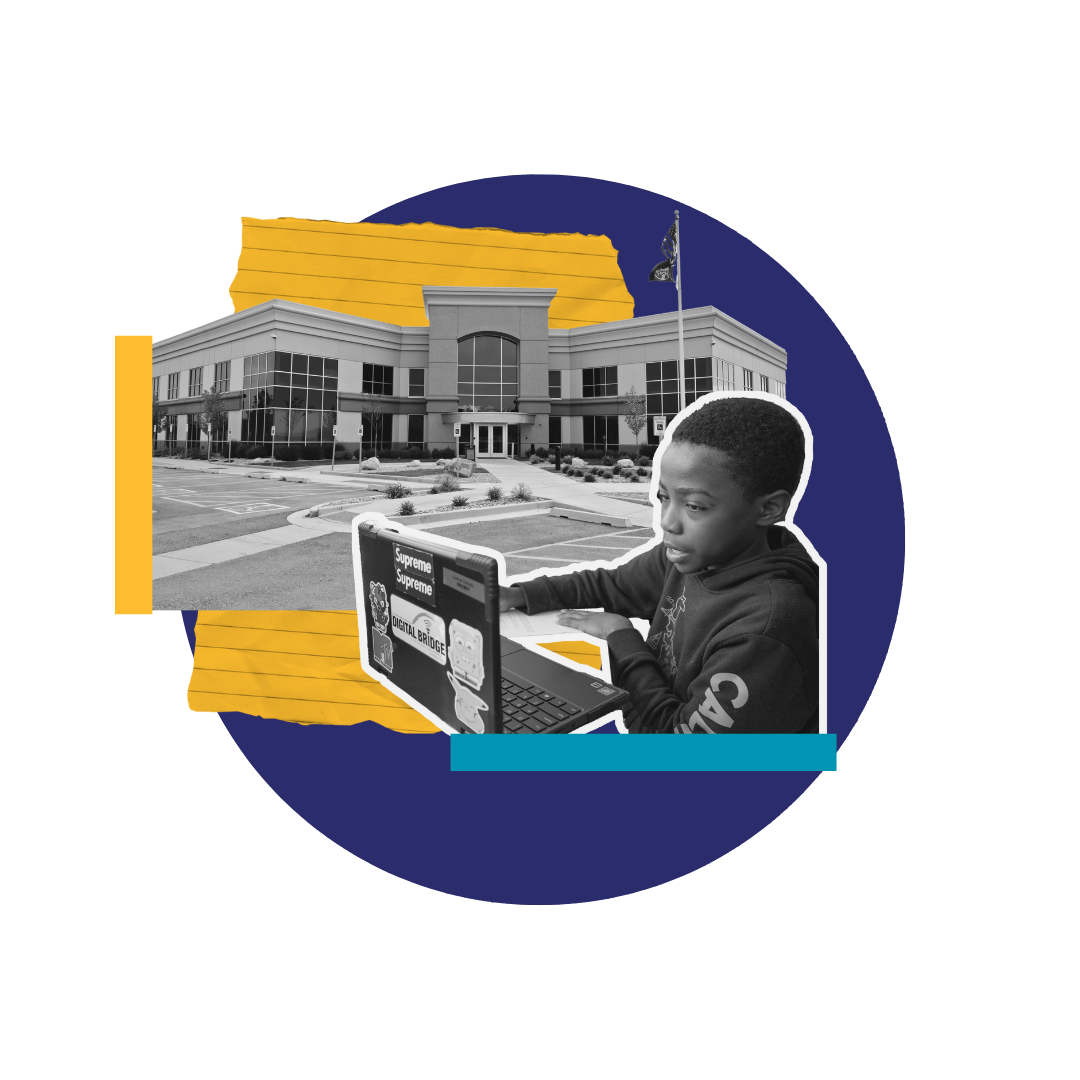
How We Advance Youth Justice
We provide communications, messaging, and policy support to shift narratives criminalizing youth — efforts which include developing and disseminating advocacy toolkits that empower and support community organizing efforts. We also work to lift up the voices of justice-impacted youth, who are too often ignored, to inform future policy decisions about resource allocations and ways to better support young people. Centering the most impacted and allowing them to tell their own stories is essential to our work.
What We're Focused On
Youth Justice Project
The Youth Justice Project (YJP) is a youth-led group of Durham Public School (DPS) students of color who are committed to ending the school-to prison pipeline and achieving educational justice.

YJP Capstone Project
In 2022, SCSJ sponsored a community-led, group-based, mentored service-learning Capstone course as a vital part of the Youth Decriminalization Campaign. Capstone participants conducted community-based research that contributed to the larger network of resources used by organizations, academic institutions, and others, in understanding the effects of youth criminalization both in and outside of North Carolina.Youth Justice Resources
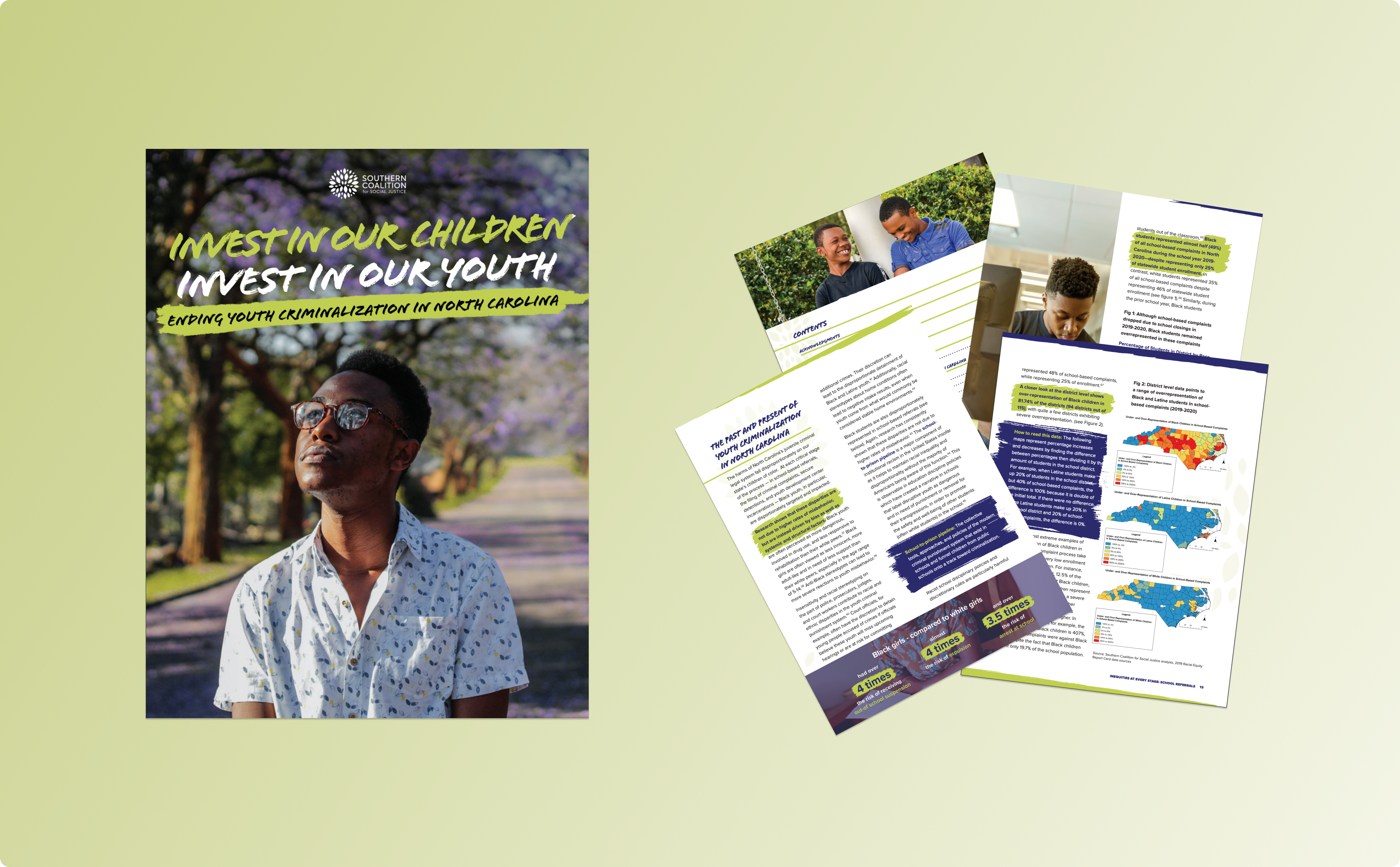
Invest In Our Children, Invest In Our Youth Report
This report calls for a reinvestment in community-led alternatives that support and nourish young people and their communities.
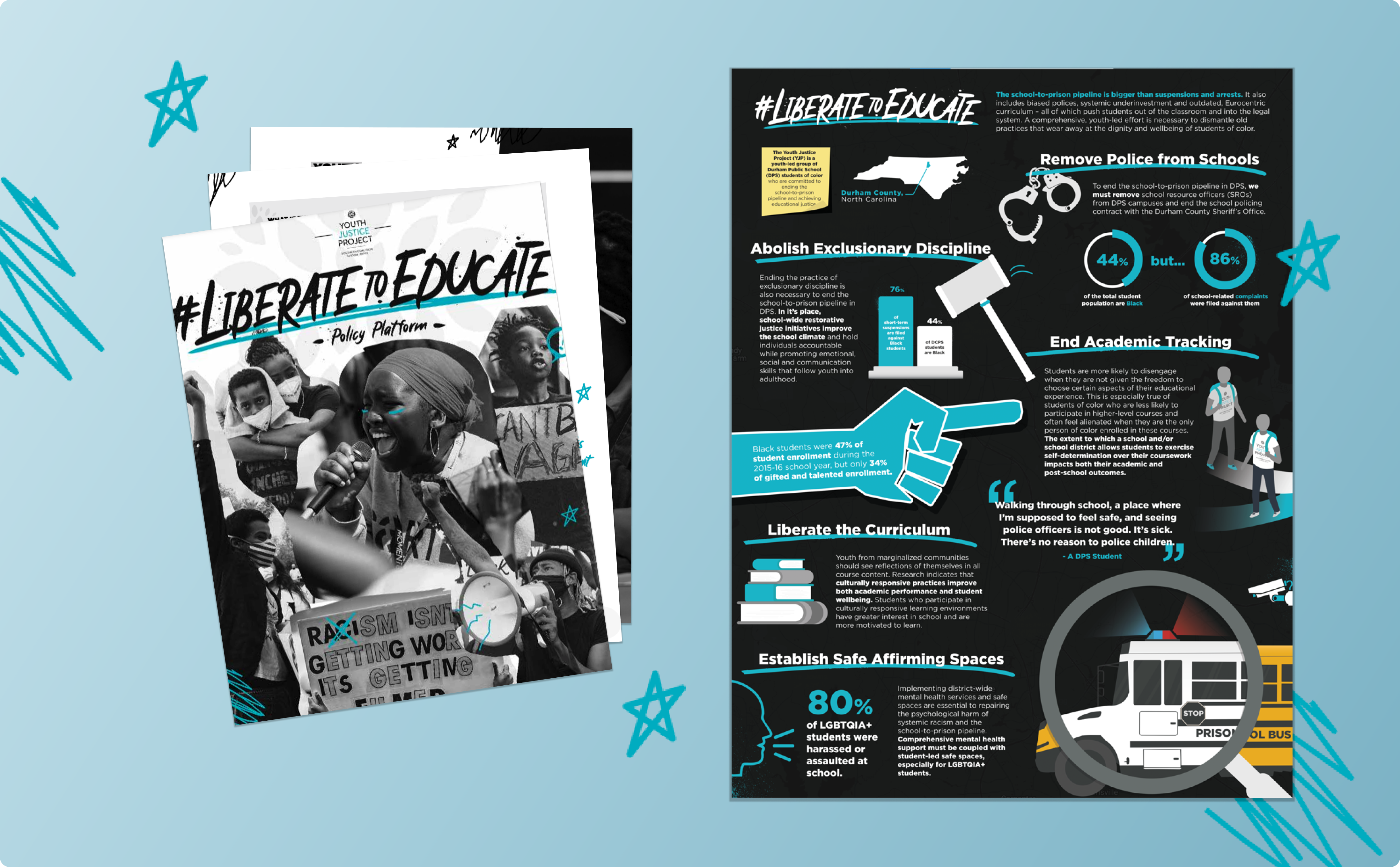
#LiberateToEducate Policy Platform
The Youth Justice Project created the #LiberateToEducate Policy Platform recommendations aimed to effectively end the school-to-prison pipeline in DPS.
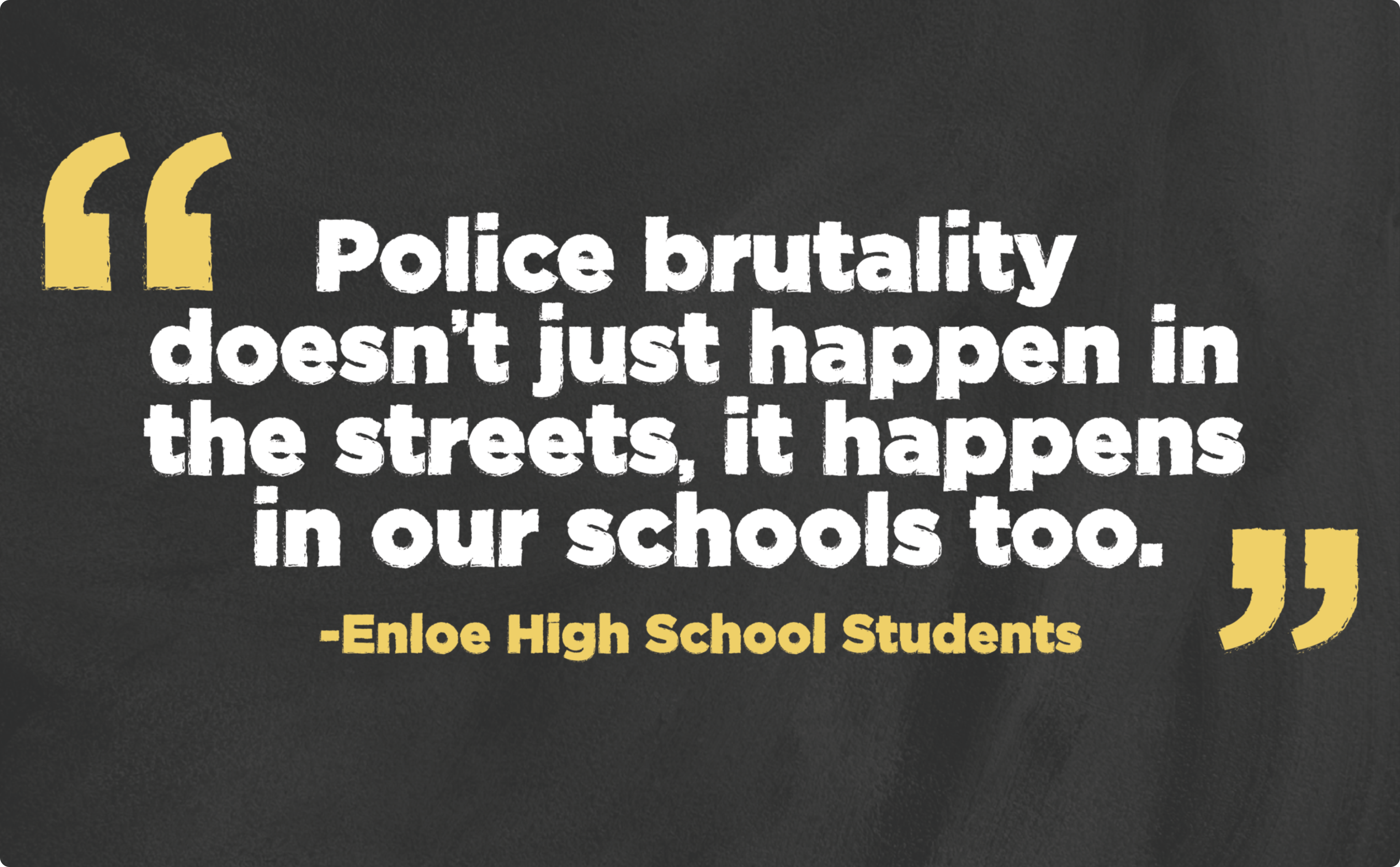
#CounselorsNotCops Campaign
This campaign calls for the removal of all school resource officers (SROs) from Wake County Public School System (WCPSS) schools.
Youth Justice Voices Series
A series of interviews with community members committed to youth justice about issues with the juvenile justice system.Youth Justice News
Federal Court Denies Judgment in Lawsuit Over Parole Commission, For Now; Orders Further Inquiry
RALEIGH, N.C. (April 2, 2025) — A federal judge has denied issuing a judgment before trial in a lawsuit challenging the North Carolina Parole Commission’s review process for people who were children when they were sentenced to prison and ordered additional fact finding by the parties involved. Southern Coalition for Social Justice asked for summary…
Read More Federal Court Denies Judgment in Lawsuit Over Parole Commission, For Now; Orders Further Inquiry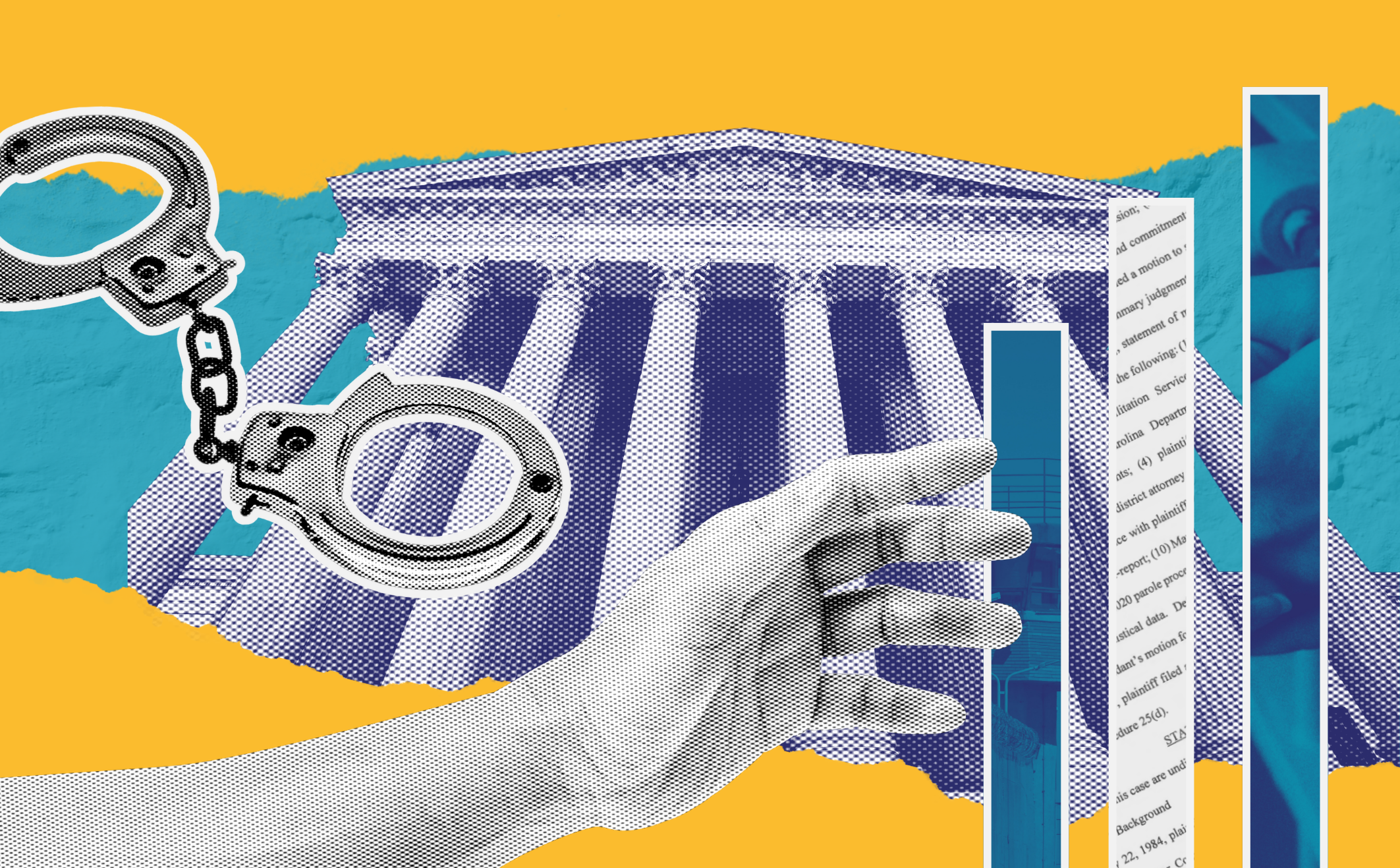
Childcare Advocates, Clergy Celebrate as Protest Charges Dropped
DURHAM, N.C. (Dec. 10, 2024) – Charges were dismissed Tuesday against eight concerned faith leaders, childcare advocates, and clergy members who were arrested at the North Carolina legislature while demanding more funding for childcare. “We welcome this dismissal of our charges, but the real criminal is the leadership of the North Carolina General Assembly who has…
Read More Childcare Advocates, Clergy Celebrate as Protest Charges Dropped
